Master PEGA Training Build Enterprise Grade BPM Applications
Our PEGA Training Course equips you with essential skills in PRPC, BPM, UI, Flows, Integrations, Case Management, and Deployment. Beginner-friendly, taught in Telugu, with Hands-on projects, resume building, and placement support.

100% Live
Training

2 Years
Recordings
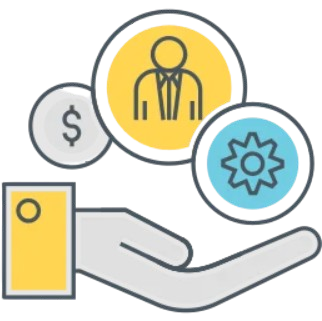
Free
Addon Sessions
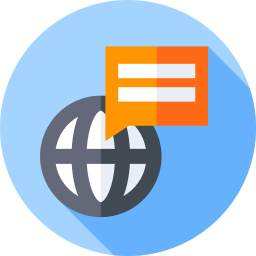
Real Time
Projects
Massive Demand. Massive Opportunities
Hiring Demand
PEGA BPM is used by top Fortune 500 companies for automation and digital transformation.
Salary Growth
PEGA Developers earn ₹5–8 LPA (freshers); experienced professionals earn ₹15–25 LPA globally.
Career Roles
PEGA Developer, BPM Consultant, System Architect, Workflow Specialist, PEGA Admin.
Future-Proof Skills
Master low-code automation, workflows, integrations, and enterprise-scale PEGA applications.
Global Opportunities
High demand across Banking, Insurance, Telecom, Healthcare, and IT Services.
Real Projects & Dashboards
Hands-on with Case Management, BPM workflows, SOAP/REST integrations, and SLA-based automations.
Companies Hiring for PEGA Roles in Various Domains







We Understand Your Struggles – And We’ve Solved Them!
Career Confusion
- Java or BPM – what’s better?
- PEGA is low-code + scalable, suitable for IT & non-IT learners.
Too Complex Tools
- PEGA Training seems difficult?
- Learn with step-by-step UI + logic + data integration.
Interview Stress
- Struggle with BPM-based questions?
- Get scenario-based mock interviews.
No Portfolio
- Nothing to show employers?
- Build 5+ PEGA projects & workflows.
Industry Relevance
- Will PEGA survive automation trends?
- Yes ,PEGA is a leading BPM platform with steady demand.
What Makes PEGA Training Course Different
👉 Module Wise Quizzes, Assignments, and Practice Questions
👉 100% Placement assistance
👉 Industry professionals with 10+ years of experience
👉 Live Chat support assistance
👉 Access to session recordings for 2 years
👉 EMI Option also available with specified cards
👉 Get ₹10,000 Worth of Free Career Booster Add-On Sessions
👉 Dedicated Job Updates
👉 100% Live Training in Telugu
👉 Industry Ready Training
👉 Interview Questions & Study Materials
👉 Resume & Linked In Preparation
PEGA Training Course Syllabus
1. Understanding Core PEGA PRPC
- Introduction to PEGA PRPC and BPM concepts.
- Exploring rule-based application development.
- Overview of PEGA Studio and Designer Studio.
2. Working with User Interface in PEGA
- Building dynamic UI screens and layouts.
- Designing forms, harnesses, and sections.
- Configuring UI components for usability.
3. Debugging Tools
- Using Clipboard, Tracer, and Live UI.
- Identifying and fixing runtime errors.
- Hands-on debugging of activities and rules.
4. UI Forms & Conditional Layouts
- Creating input forms and responsive layouts.
- Applying conditional visibility rules.
- Enhancing UI with dynamic behavior.
5. Working with Business Logic (Activities & Tracer)
- Introduction to activities and steps.
- Configuring methods within activities.
- Debugging logic with Tracer tool.
6. Instructions in Activities & Data Storage Rules
Understanding data storage mechanisms in PEGA.
Working with data tables and data types.
Configuring instructions for business rules.
7. UI Integration with Business Logic
Binding UI components to properties and data pages.
Event-action processing between UI and backend logic.
Hands-on data-driven UI applications.
8. Reports & Data Transforms
Building custom reports with Report Definitions.
Applying data transforms for mapping.
Optimizing reports for decision making.
9. Declarative Rules & Rule Sets
Using Declare Expressions and Constraints.
Configuring declare triggers for automation.
Understanding rule sets and versioning.
10. Flows & Decision Rules
Designing process flows and flow actions.
Implementing case routing and assignments.
Creating decision tables and decision trees.
11. Advanced UI Concepts & OOTB Rules
Leveraging out-of-the-box PEGA rules.
Advanced UI patterns like tabbed sections, repeating layouts.
Reusing components for faster development.
12. External Database, SOAP & REST Integrations
Connecting PEGA with external databases.
Implementing SOAP and REST connectors/services.
Hands-on integration scenarios in real-time projects.
13. Case Management, Security & Deployment
End-to-end case lifecycle management.
Configuring user roles, authentication, and security policies.
Deployment best practices in PEGA environments.
14. Data Pages, Admin Studio & Real-Time Implementation
Understanding data pages and sourcing options.
Exploring Admin Studio for monitoring & debugging.
Real-world implementation with best practices.
Real Projects You'll Build
Employee Management Workflow with Case Routing
Builds a PEGA app integrated with external systems. Uses SOAP & REST connectors for secure, seamless data exchange and service orchestration.
Banking Loan Approval Process with SLA
Designs a loan approval system with SLA-driven escalations. Ensures timely approvals, compliance checks, and automated decision-making for banks.
Insurance Claim Management System
Manages end-to-end claim processes. Includes fraud checks, automated validation rules, and settlement approvals for real-world insurance operations.
SOAP/REST Integrated PEGA Application
Builds a PEGA app integrated with external systems. Uses SOAP & REST connectors for secure, seamless data exchange and service orchestration.
Capstone: Enterprise Case Management Project
A full-scale project combining UI, business logic, case flows, and integrations. Develop an enterprise-ready solution for portfolio & interviews.
Watch the Demo of Our PEGA Training In Telugu Build Grade BPM Applications To Get a Preview of the Topics Covered.
Success Stories




Career Paths After Course
Freshers
PEGA Developer (Entry Level) – ₹5–8 LPA
System Architect Trainee – ₹4.5–7 LPA
Junior BPM Consultant – ₹4–7 LPA
Intern / Workflow Developer – ₹2–4 LPA
Experienced
Senior PEGA Developer / Architect – ₹12–22 LPA
BPM Consultant – ₹15–25 LPA
Workflow & Integration Specialist – ₹12–20 LPA
Freelance BPM Consultant – ₹1L–2.5L per month (project-based)
Master PEGA Build Enterprise Grade BPM Applications
- Time : 8:00-9:30PM , 4+ Months Duration
- Start Date: 27th July 2025
Get ₹10,000 Worth of Free Career Booster Add-On Sessions
Resume Building
Create strong resumes with expert guidance.
Job Updates
Get access to latest openings & hiring alerts.
Interview Prep
Mock interviews and communication training.
LinkedIn Boost
Optimize your LinkedIn for visibility.
Freelancing
Learn how to start and grow as a freelancer.
Career Advancement Results
At Frontlines Edutech, we believe in transforming careers through high-quality, industry-relevant education. Our focus is on providing practical skills and knowledge that lead to real-world success. With a proven track record of impactful learning, we ensure our students are well-equipped to excel in their chosen fields and achieve their career goals with confidence.
Frequently Asked Questions
1. Is PEGA coding-heavy?
No, It’s low-code, coding is minimal.
2. Do I need IT background?
No, both IT & non-IT learners can join.
3. Will I get PEGA Tracertification guidance?
Yes ✅ CSA/CSSA exam prep included.
4. Does this course prepare me for interviews?
Yes ✅ Includes mock interviews, coding tests, and project-based Q&A.
5. Do you provide EMI?
Yes, flexible EMI options are available.
Get Certified
Yes, you’ll get a Certificate representing your Industry Readiness once you submit your projects and clear the pre placement test.
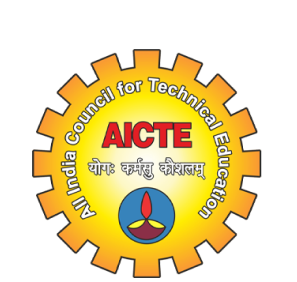
Approved by AICTE

Certified by ISO 21001:2018
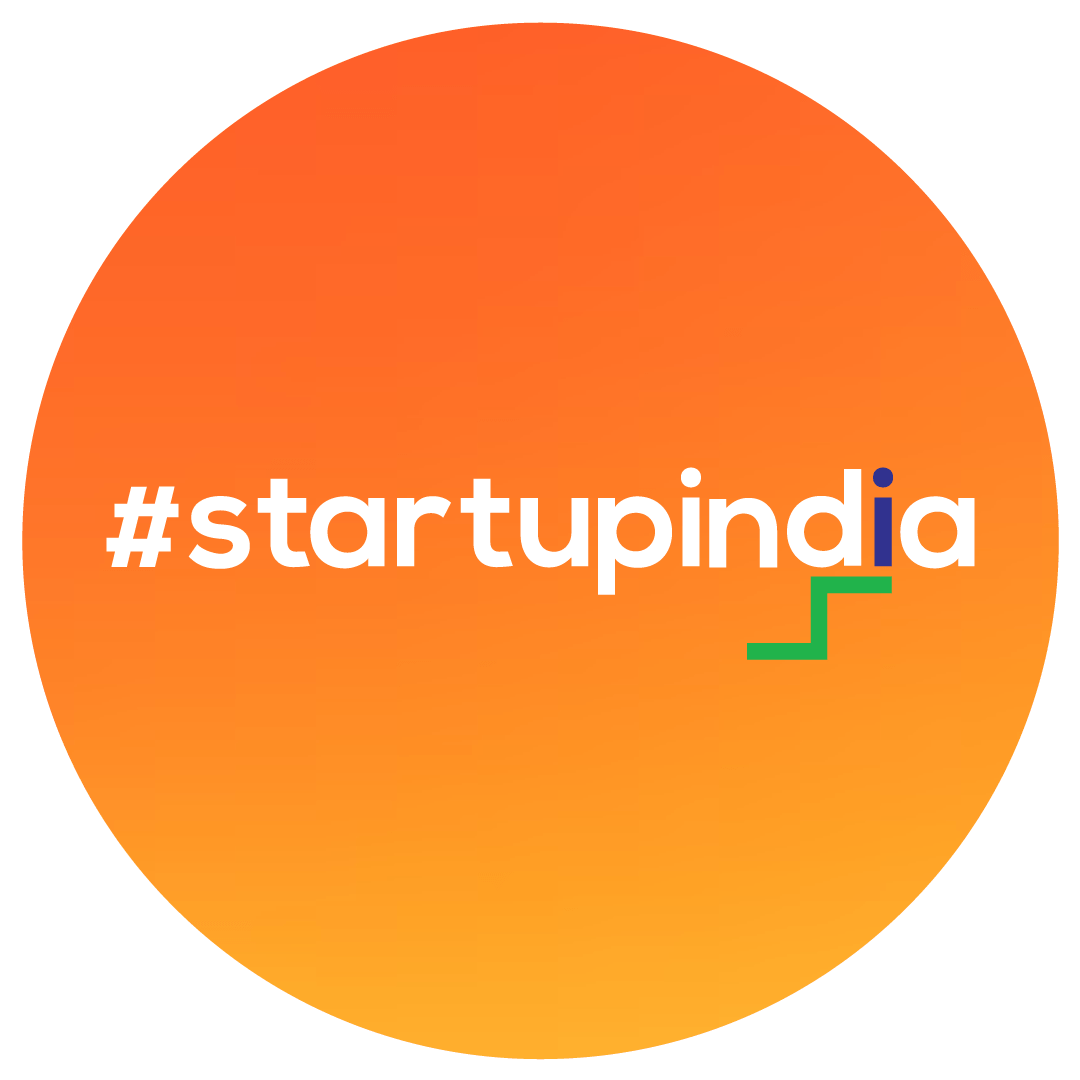
Recognized by Startup India

Registered under MSME

